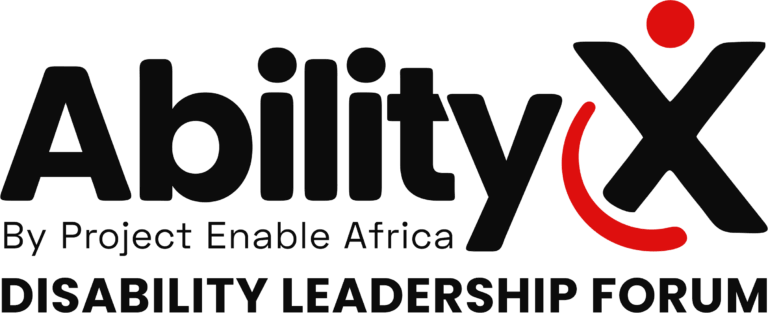While many will frame the upcoming AbilityX 1.0 conference as a noble event for disability inclusion, its true ambition is far more radical. This isn’t about charity; it’s a strategic move to position Nigeria at the forefront of a global economic shift by recognizing persons with disabilities as a critical, untapped market and innovation engine.
The theme, “The Future of Disability Inclusion in Nigeria,” is a misnomer. The real theme is “The Competitive Advantage of Inclusive Design.”
From “Beneficiaries” to “Architects”
When the organizers state that persons with disabilities must be “active architects,” they are making an economic argument. The most successful modern technologies—voice assistants, automatic doors, audiobooks—were created for inclusivity but became universal conveniences. By centering the lived experience of disability in tech, policy, and business, Nigeria can spawn a wave of homegrown innovations that compete globally.
Data and the Untapped Market
The focus on “data-driven policy” is key. This isn’t just about counting people; it’s about quantifying a market. Data will reveal the spending power, consumer needs, and entrepreneurial potential of this massive demographic. This information is a strategic asset for any business or investor looking to access a loyal and underserved market.
The “Inclusion Ecosystem” as a Growth Model
The conference’s multi-sector approach—finance, tech, media, hospitality—is a blueprint for a new economic model. It posits that an economy designed to be accessible from the ground up is more resilient, more creative, and more productive for everyone. It’s not about adding ramps to an existing structure; it’s about building a better, more efficient structure for all.
In essence, AbilityX is a declaration. Nigeria’s future competitiveness may well depend not on mimicking the West, but on leapfrogging it by building a truly inclusive digital and economic ecosystem from the start. The world is watching.

